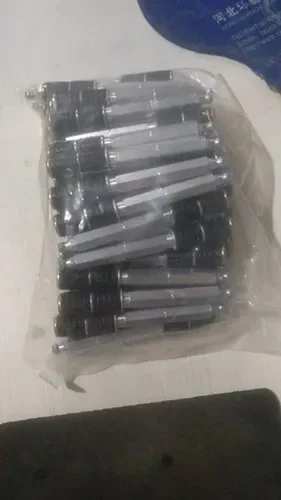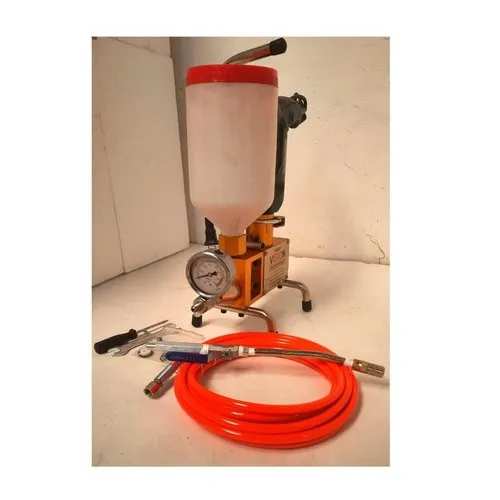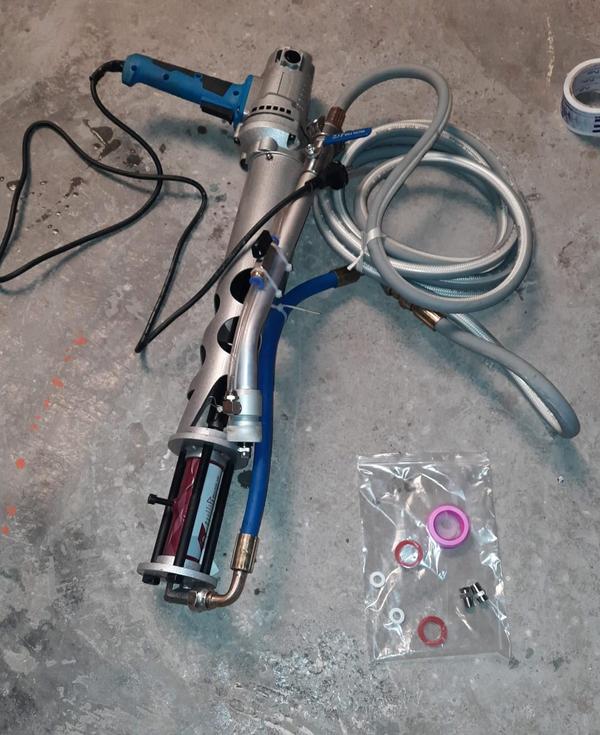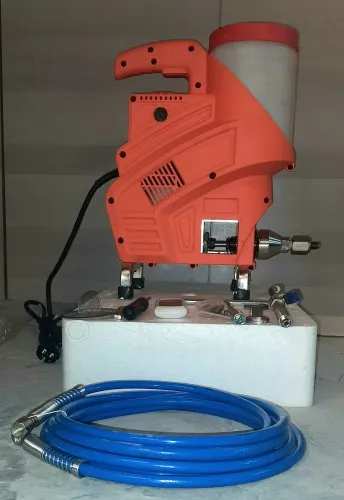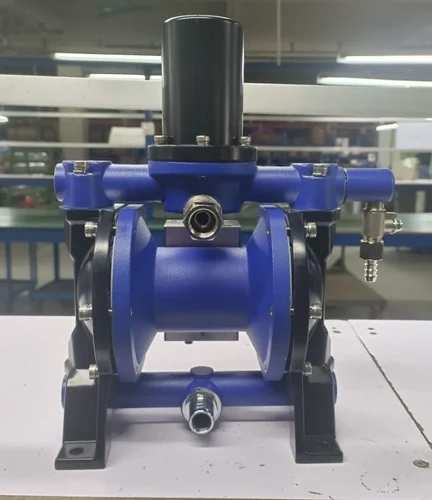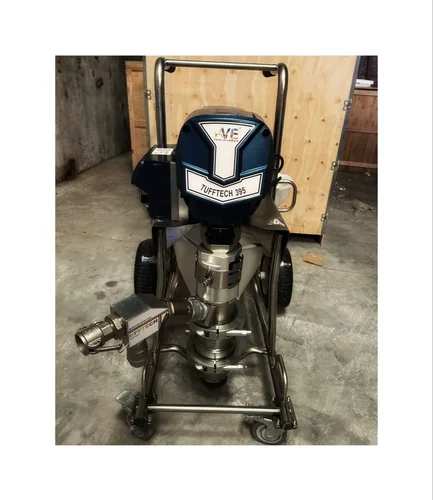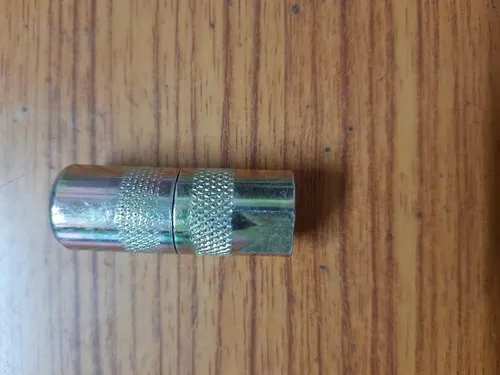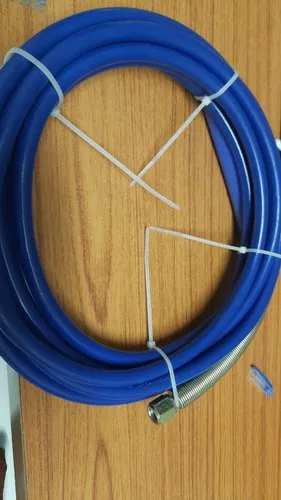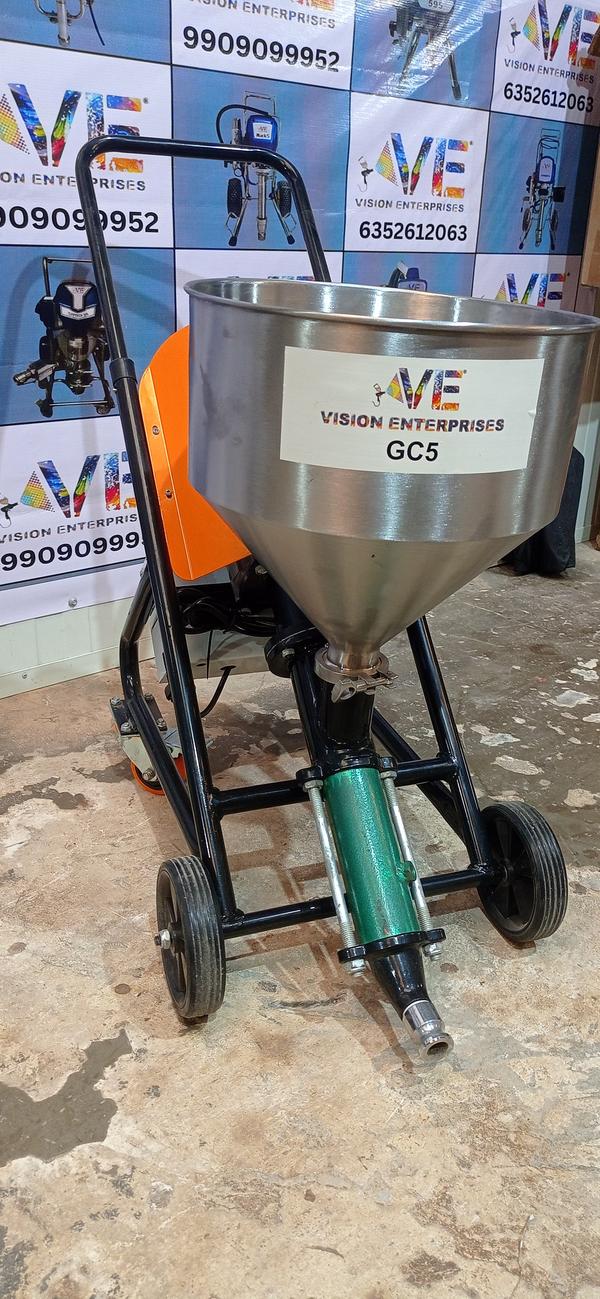Material: Aluminium and Rubber Nipple Diameter: 13 mm Head Shape: Hexagonal Packaging Type: Plastic Bag Surface Treatment: Polished Length: 100 mm Epoxy grouting packers are specialized tools designed for precise and effective injection of epoxy grout, a high-strength resinous material, into cracks, voids, and joints in concrete and other structures. Unlike traditional cement grouts, epoxy offers superior adhesion, chemical resistance, and flexibility, making it ideal for demanding applications: Key Benefits of Epoxy Grouting Packers: Precise Grouting: Specialized valves and controls ensure accurate measurement and delivery of the epoxy mixture, crucial for controlled injection and optimal results. Leak-proof Seals: Tightly sealed connections minimize the risk of leaks and spills, protecting both the operator and the work environment. Corrosion Resistance: Stainless steel, Teflon, and other non-reactive components prevent the packer from degrading by the harsh chemicals in epoxy grout. Reusable: Can be cleaned and reused for multiple epoxy grouting projects after proper maintenance. Applications: Structural Strengthening: Enhance the load-bearing capacity of concrete elements like beams, columns, and foundations. Waterproofing and Leak Repair: Seal cracks and joints in structures like dams, tunnels, and basements to prevent water ingress and protect against corrosion. Equipment Stabilization: Secure machinery bases and anchor bolts for improved stability and vibration control. Crack and Void Filling: Fill and reinforce cracks in concrete structures to restore structural integrity and prevent further damage.

